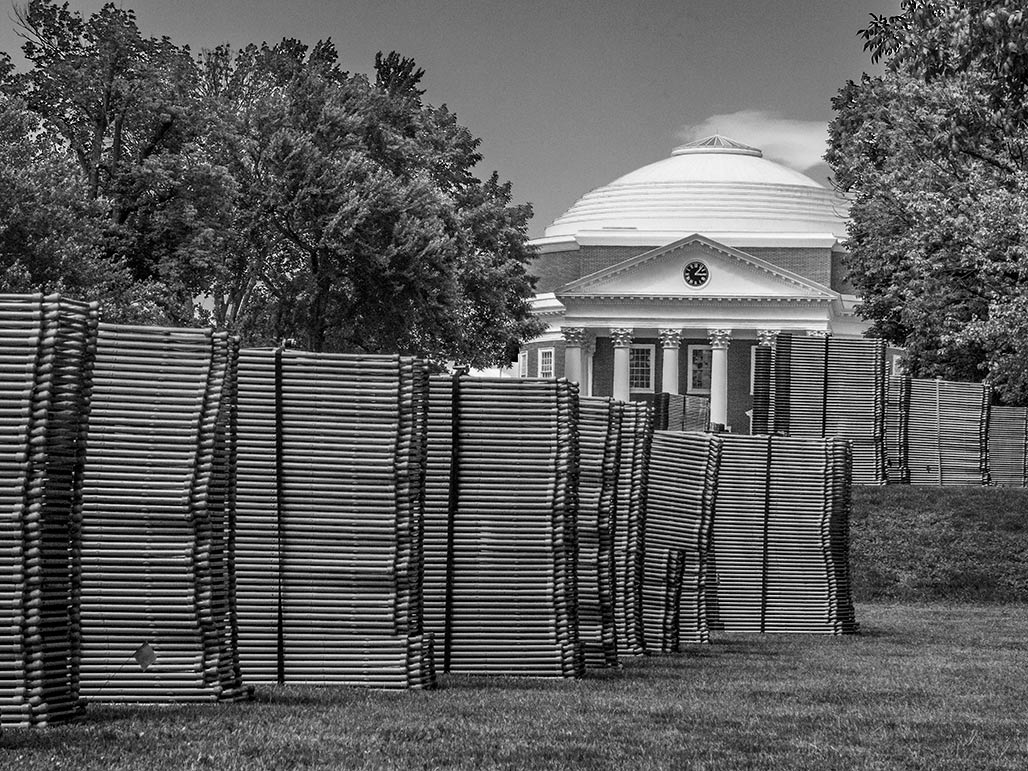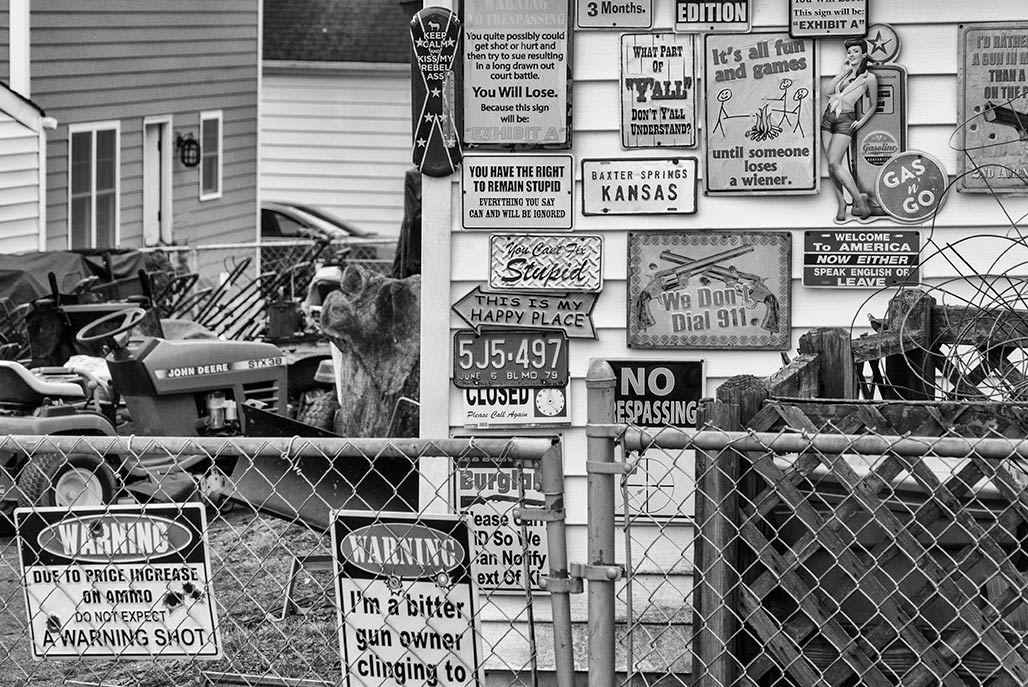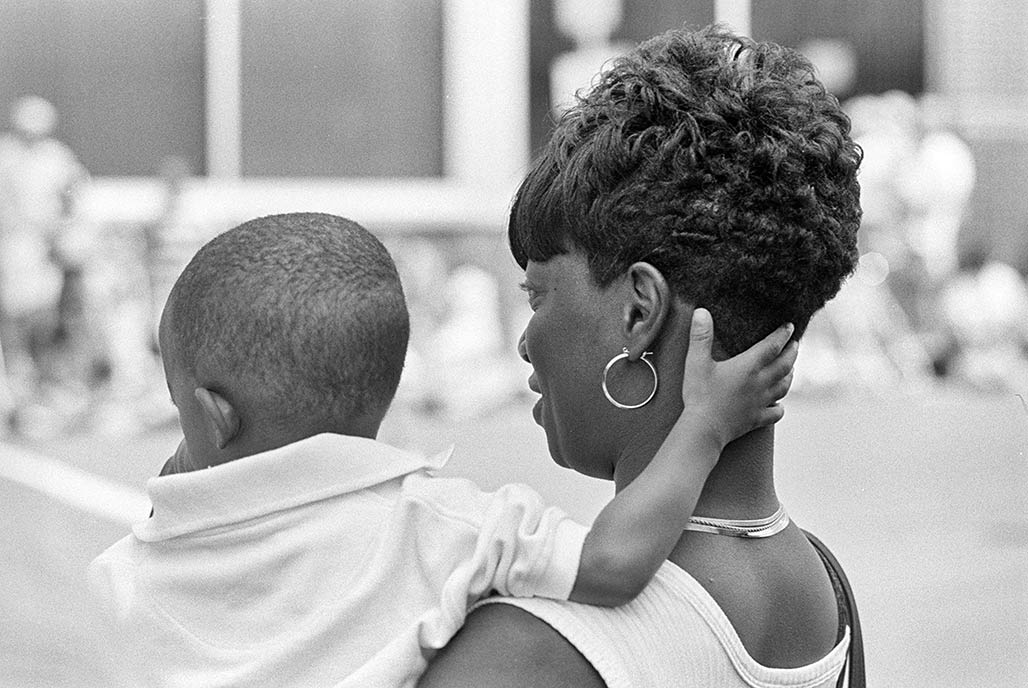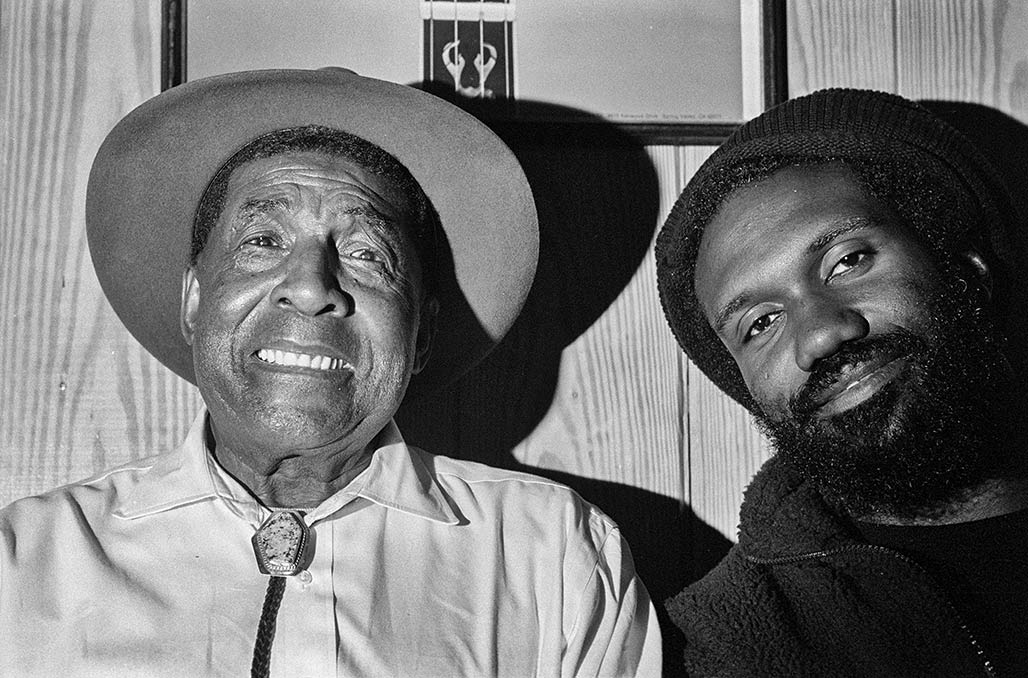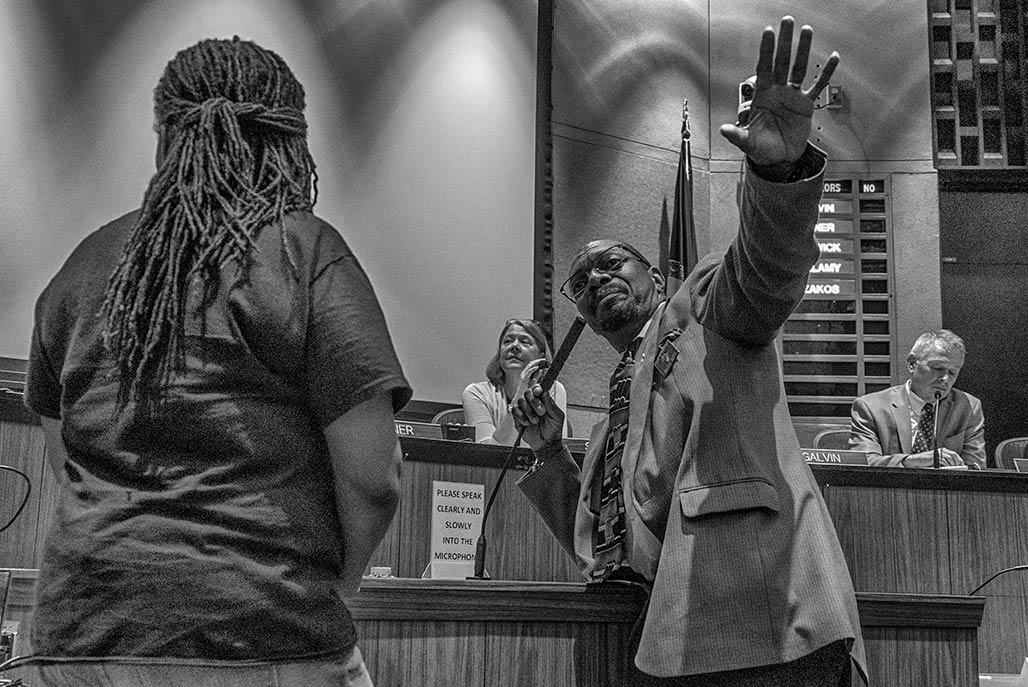
And all the men and women merely players;
They have their exits and their entrances;
And one man in his time plays many parts,
His acts being seven ages. At first the infant,
Mewling and puking in the nurse’s arms;
And then the whining school-boy, with his satchel
And shining morning face, creeping like snail
Unwillingly to school. And then the lover,
Sighing like furnace, with a woeful ballad
Made to his mistress’ eyebrow. Then a soldier,
Full of strange oaths, and bearded like the pard,
Jealous in honor, sudden and quick in quarrel,
Seeking the bubble reputation
Even in the cannon’s mouth. And then the justice,
In fair round belly with good capon lined,
With eyes severe and beard of formal cut,
Full of wise saws and modern instances;
And so he plays his part. The sixth age shifts
Into the lean and slippered pantaloon,
With spectacles on nose and pouch on side;
His youthful hose, well saved, a world too wide
For his shrunk shank; and his big manly voice,
Turning again toward childish treble, pipes
And whistles in his sound. Last scene of all,
That ends this strange eventful history,
Is second childishness and mere oblivion;
Sans teeth, sans eyes, sans taste, sans everything.— W.Shakespeare
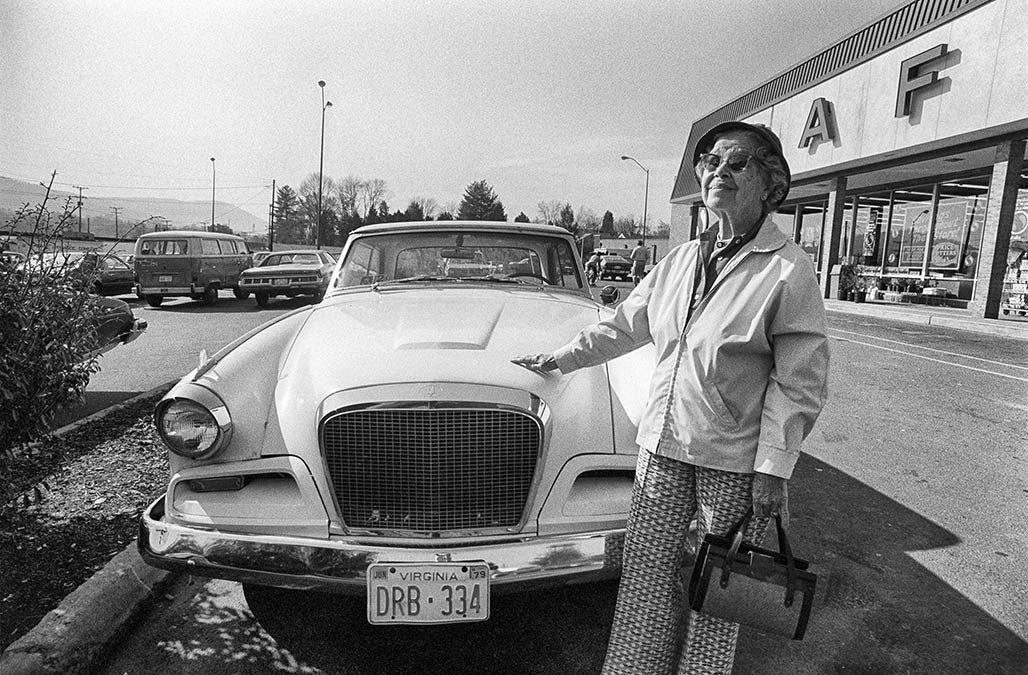
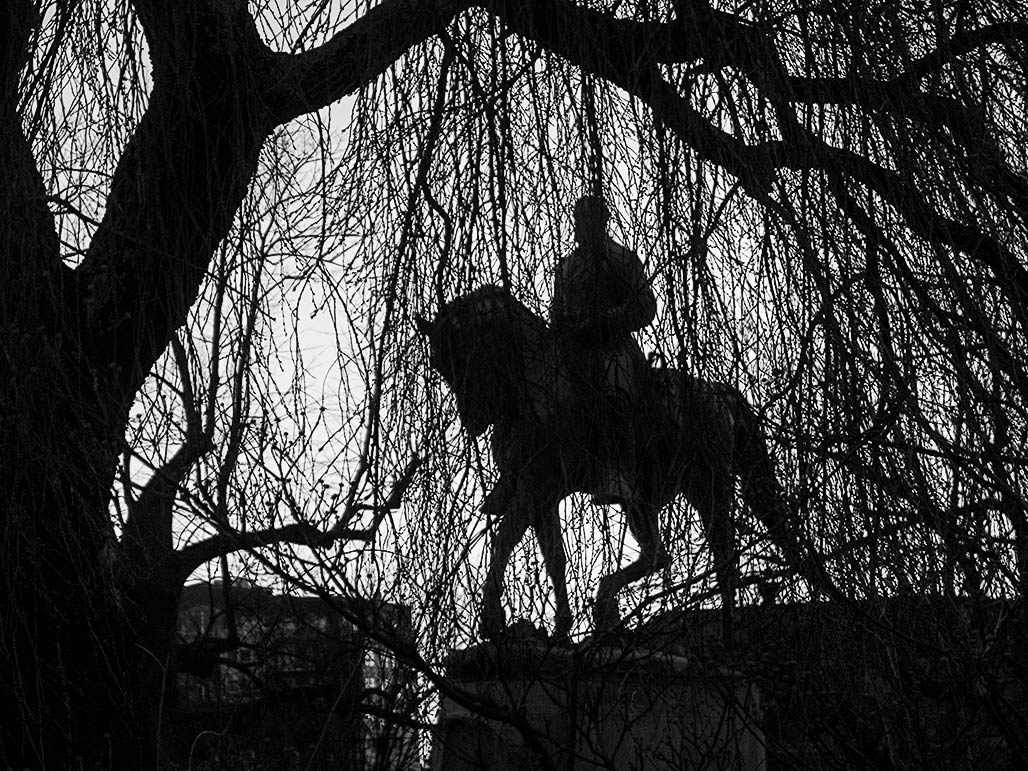
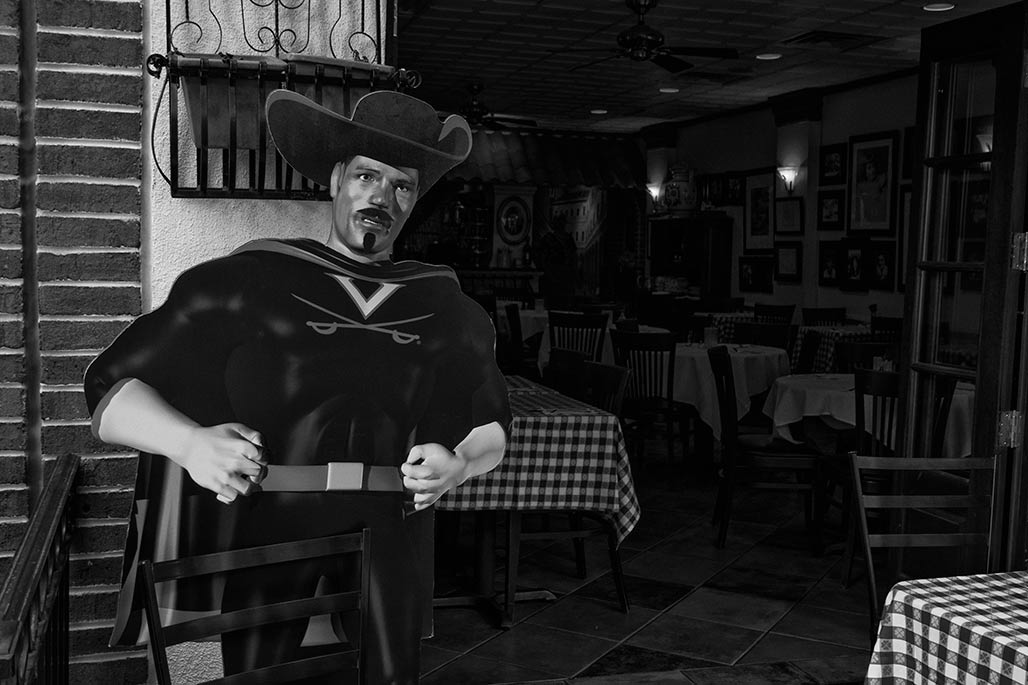
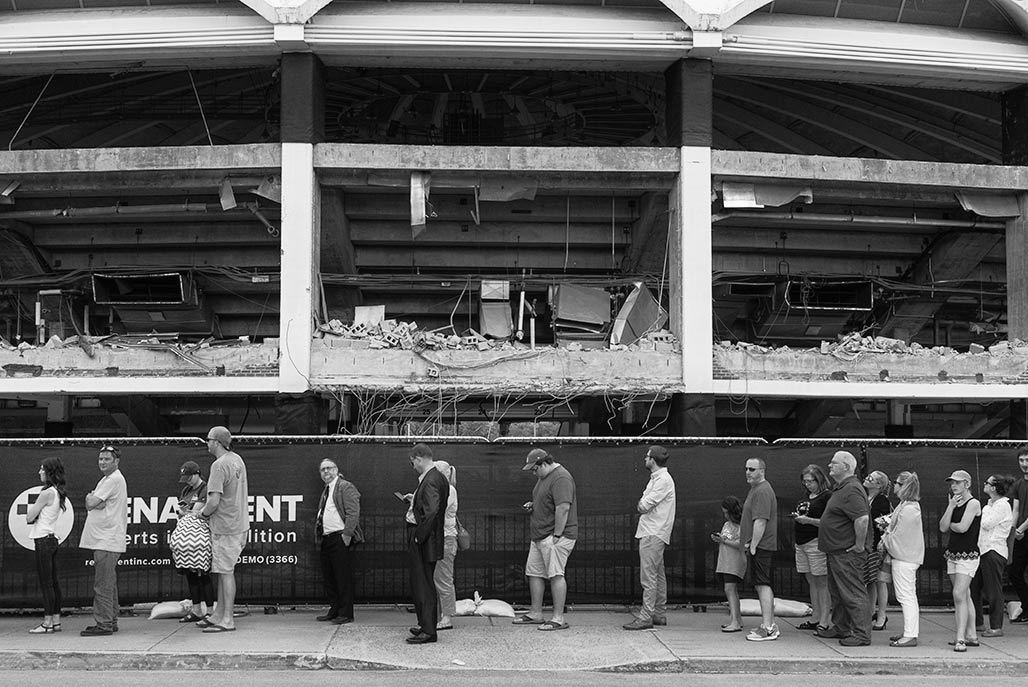
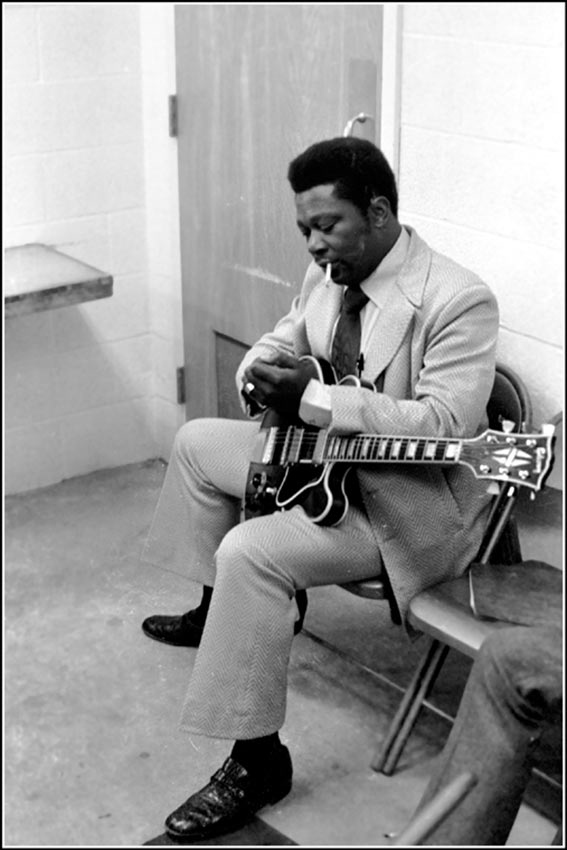
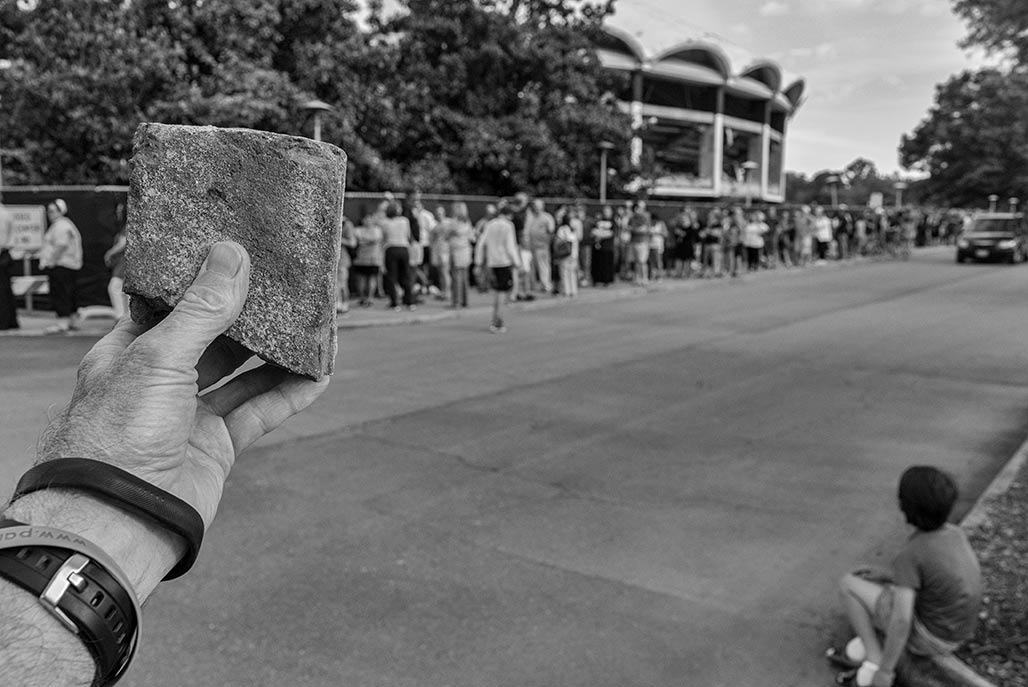 The healing power of even half a brick can’t be discounted. And the price, FREE.
The healing power of even half a brick can’t be discounted. And the price, FREE.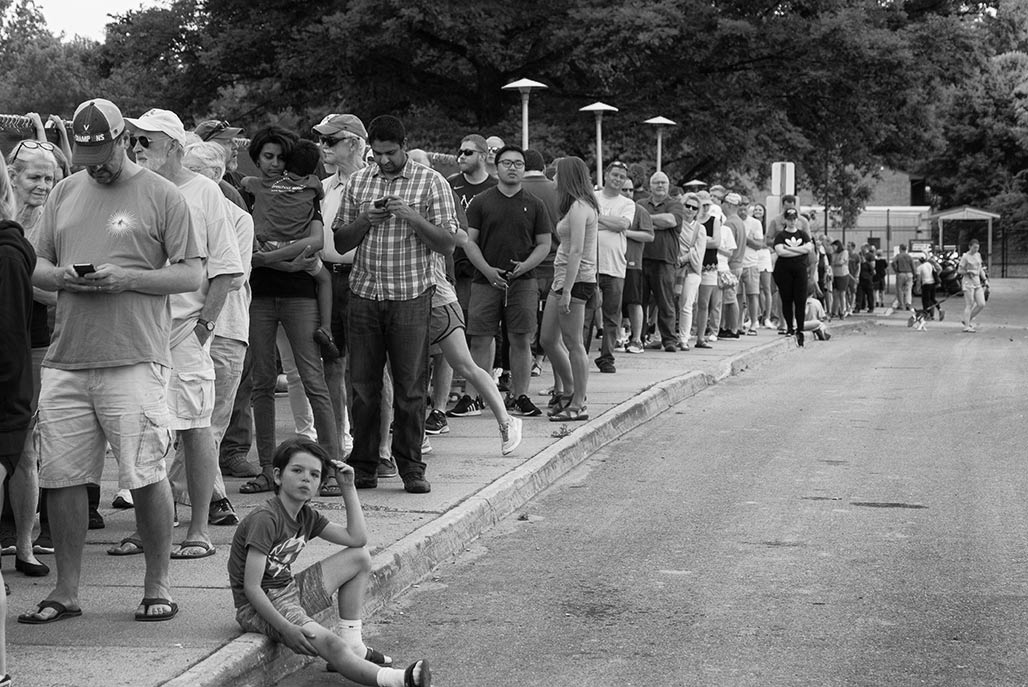 By 6:30 the line was 600 feet long. Initially the bricks were whole, clean, shrink wrapped on pallets but those were gone soon.
By 6:30 the line was 600 feet long. Initially the bricks were whole, clean, shrink wrapped on pallets but those were gone soon.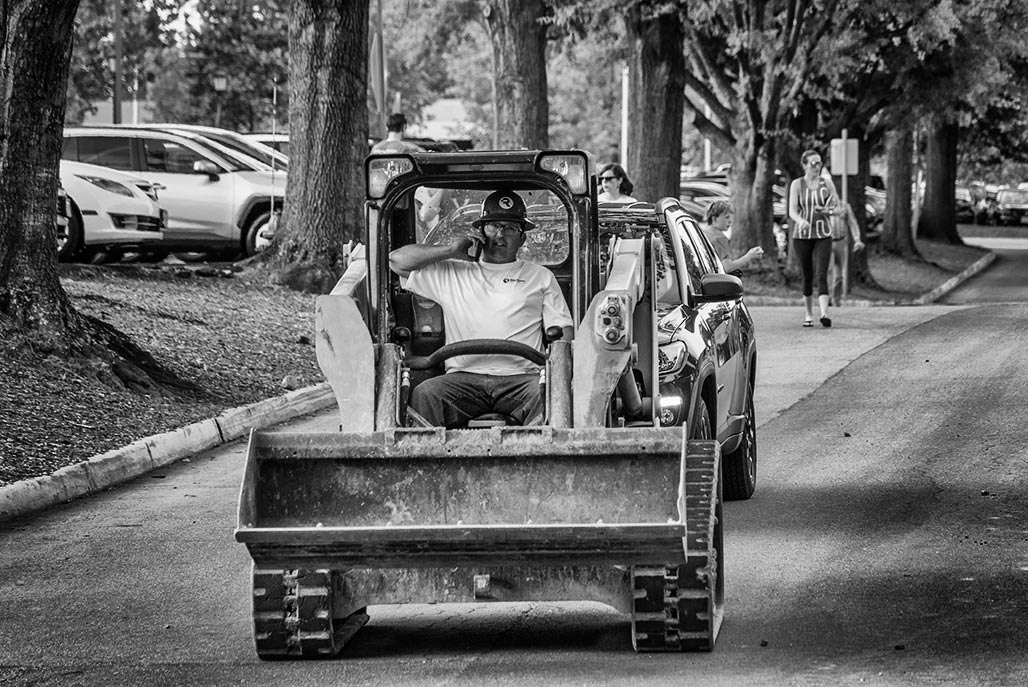 They do not riot or fight, they do not mob the one hapless guy driving the bobcat transporting masonry rubble to the faithful.
They do not riot or fight, they do not mob the one hapless guy driving the bobcat transporting masonry rubble to the faithful.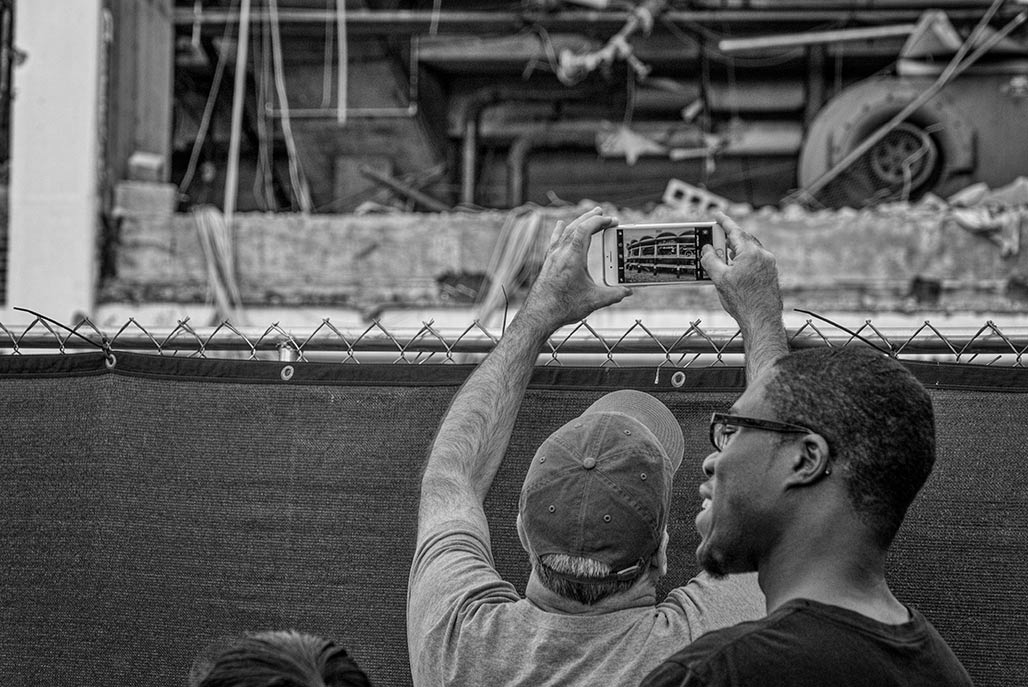 The people are civil, polite, kind, patient.
The people are civil, polite, kind, patient. 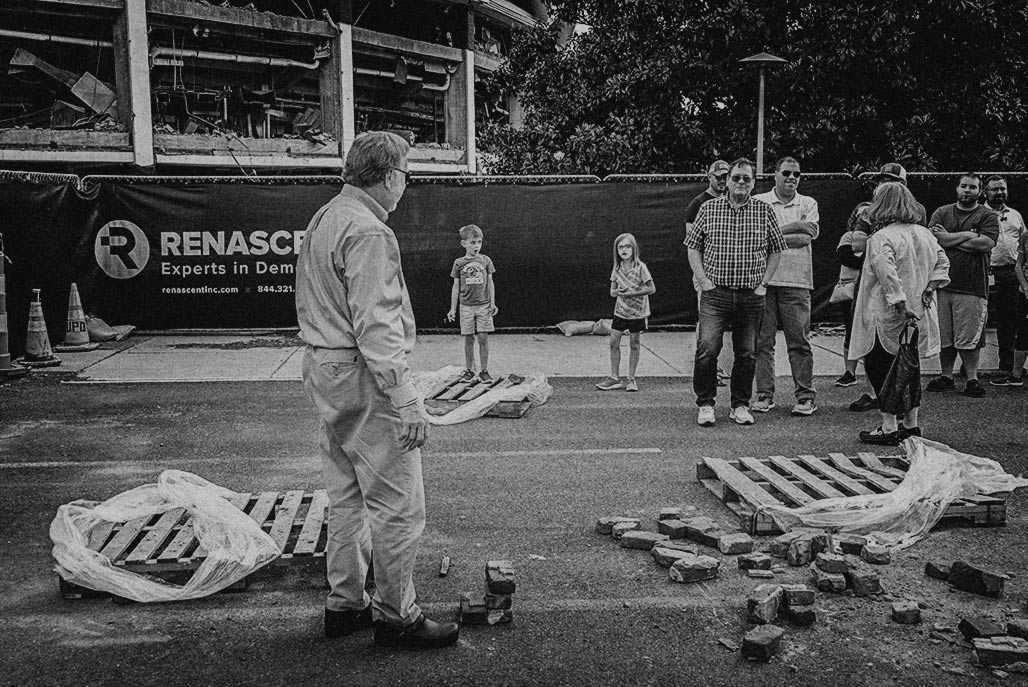 Ultimately they reach the head of the line.
Ultimately they reach the head of the line.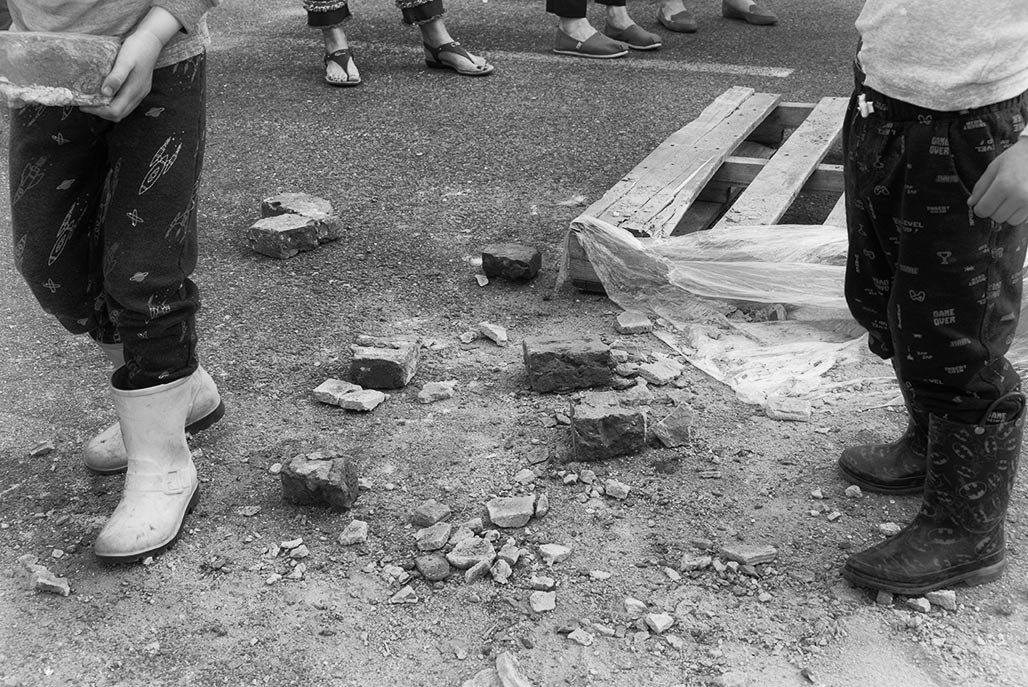 Taking home a fragment of Ralph’s house, of the music hall, of the place where Presidents spoke. A fragment valuable because they believed, because they waited for it, because because.
Taking home a fragment of Ralph’s house, of the music hall, of the place where Presidents spoke. A fragment valuable because they believed, because they waited for it, because because.